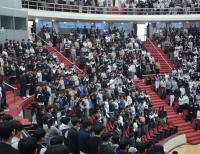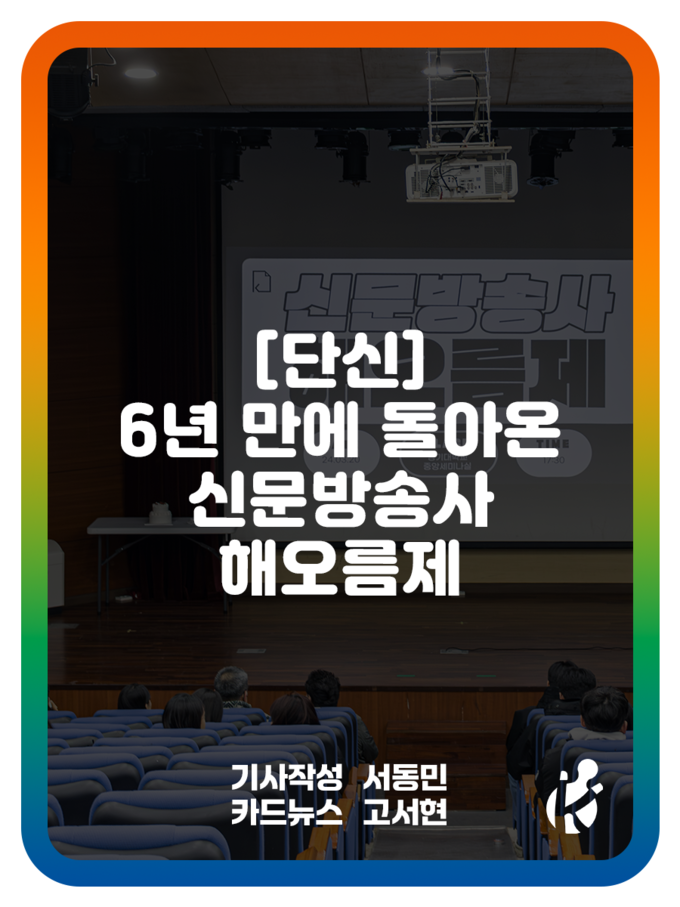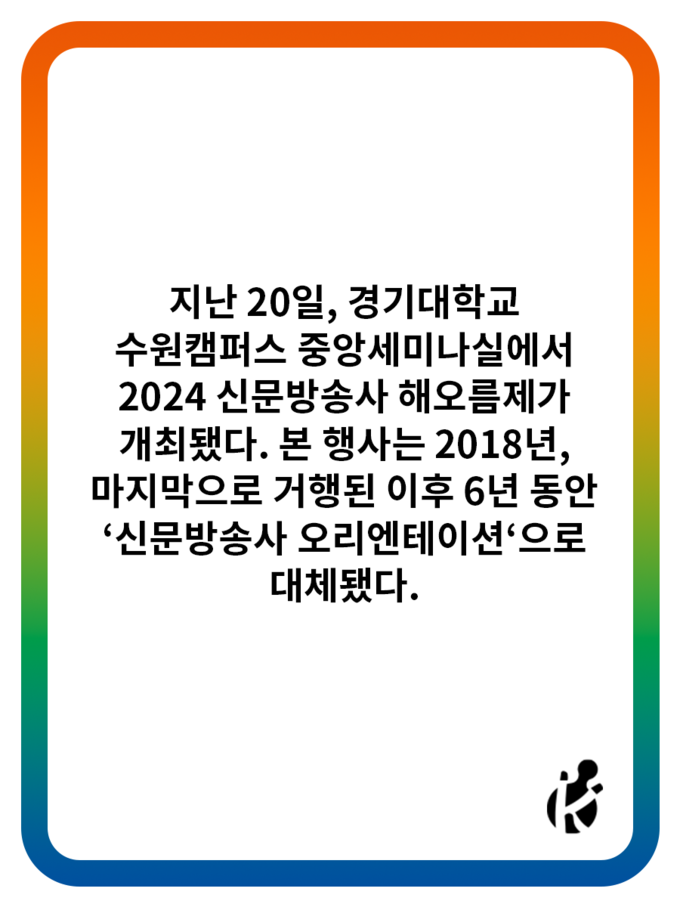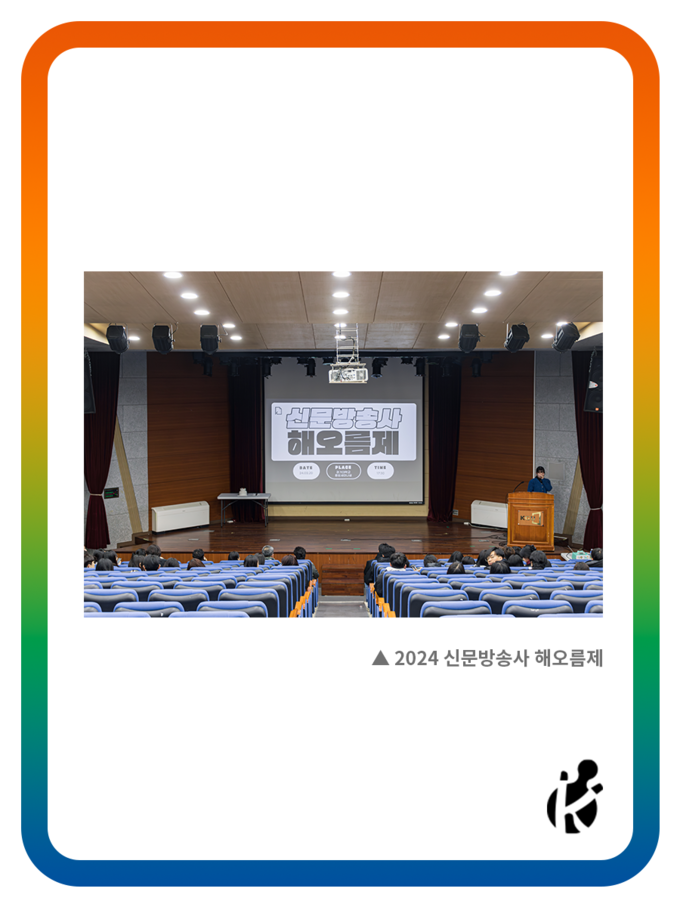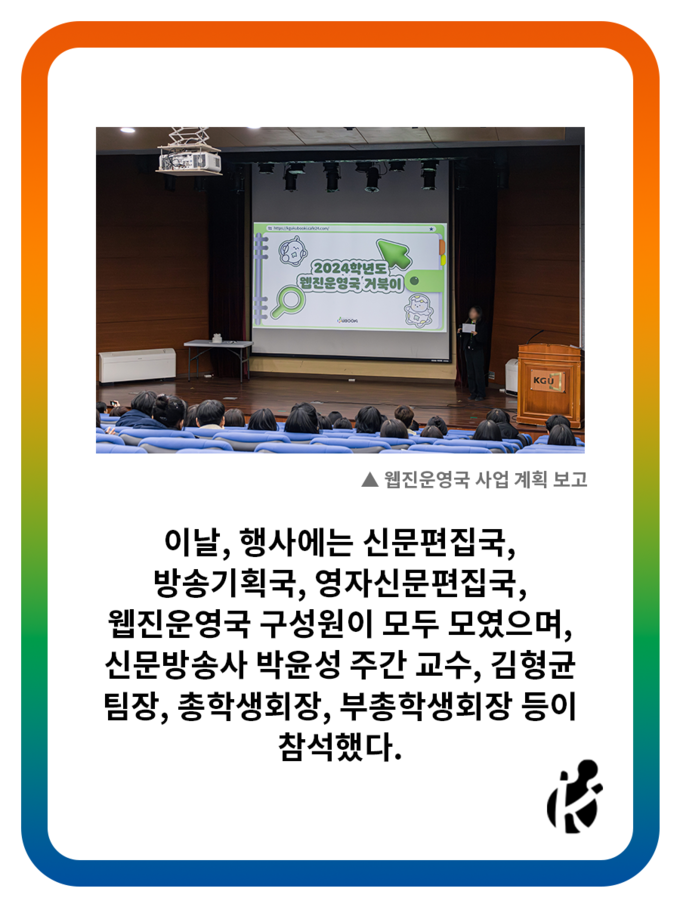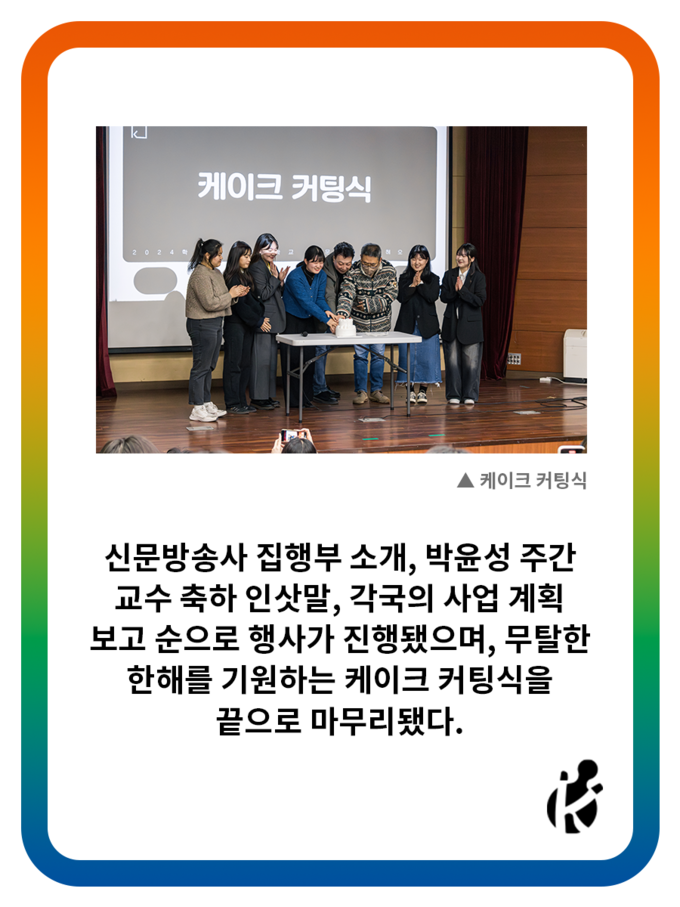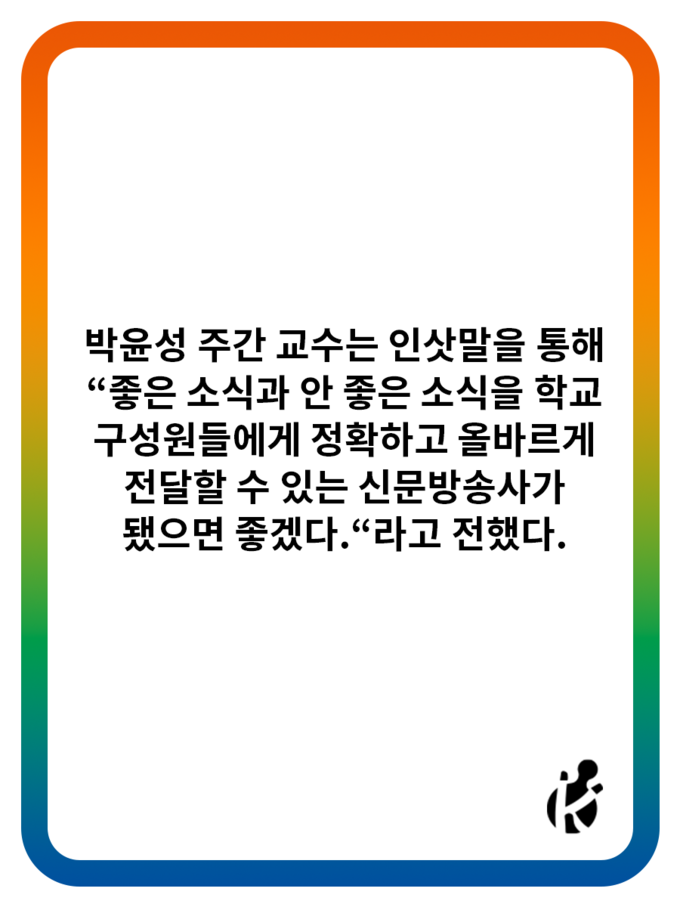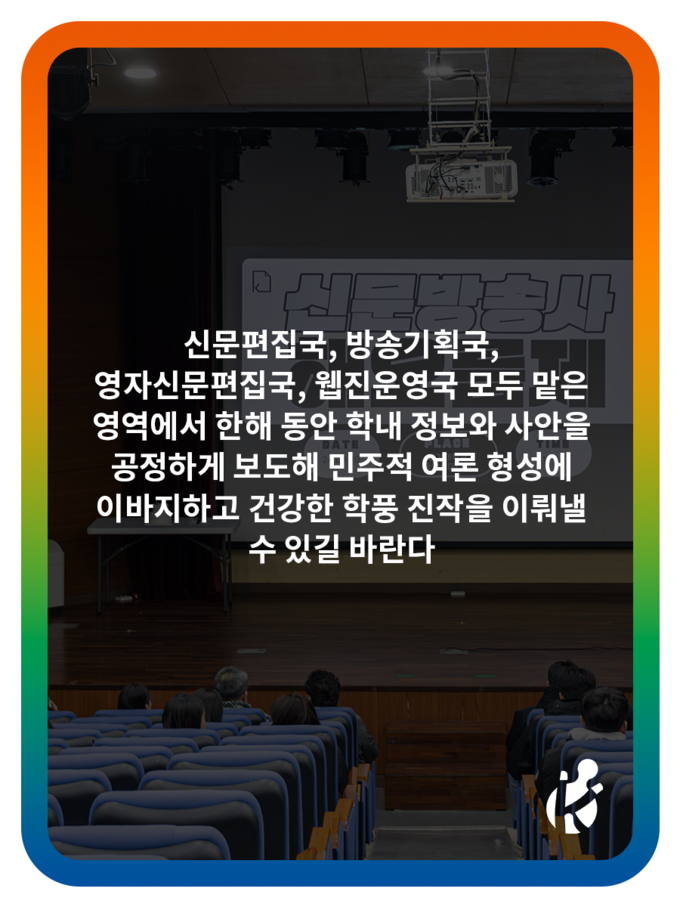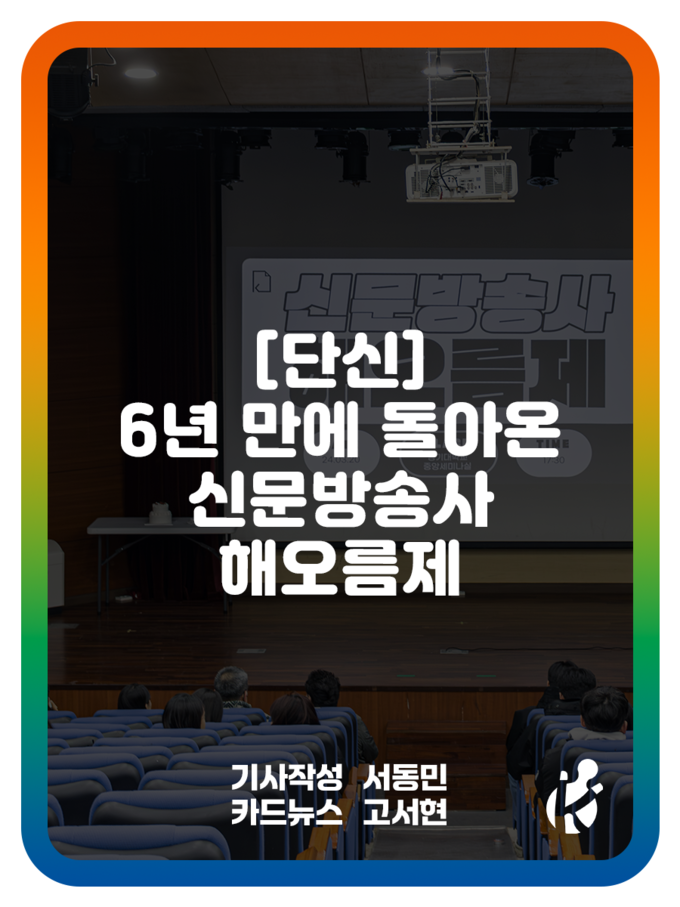Conscription exemption is still a sensitive issue in South Korea. Exemptions that do not have reasonable standards should be criticized. Some argue that it is unreasonable to exempt people from military service based on their jobs or personal beliefs. It is unfair that the mandatory military service for all Korean men allows some men to be exempted based on career or personal conscience grounds. Therefore, the Pharos would look into this issue in detail.
First, in a survey of 38 students from Kyonggi University, we collected opinions on the military exemption of athletes and celebrities, and the exemption from military service for conscientious reasons of individuals. When asked what is considered the standard for proper exemption from military service, the most common response was illness, followed by achievements and conscientious objection. Next, lots of students replied that athletes who win gold medals in international competitions should be eligible for exemption from military service. Finally, 74 percent reponded that they did not agree with the idea of alternative service for conscientious objectors. In other words, students believe it is reasonable to be exempt from the military service only if they raise the nation’s status. On the other hand, they tended to think that it was inappropriate to be exempted from military service because of a singer or actor’s professional background or because of a person’s conscientious objection.
For example, there was controversy over the exemption of baseball player Oh Ji-hwan from military service after the Asian Games. He was disqualified from joining the team as a type of alternative service for baseball players because of tattoos. Likewise, baseball player Lee Dae-eun, who was also disqualified from joining a team due to a tattoo, erased it and was finally able to play on the police baseball team. Meanwhile, Oh Ji-hwan gave up his application for alternative military service and became controversial as he used the Asian Games as a means to benefit from his military service. The controversy over the exemption was also compared to that of soccer player Son Heung-min. Both players were exempted from military service by winning gold medals in the Asian Games. However, Son played full-time in every game as the team’s key player, while Oh was a backup player who had no chance to play. Therefore, there was a lot of criticism that he received military service exemption by riding on an other player’s coattails.
As was mentioned earlier, athletes with significant achievements are exempt from military service. Then, how about a singer or an actor who has made outstanding achievements in his field? Some argue that military service exemption should be granted to public artists and Olympic medal winners. In particular, some claim that BTS, a group that has rewritten K-pop history by taking the top spot in the Billboard 200, and is considered to consist of some of the most influential singers in the world, should also be eligible for exemption in terms of significant achievements. BTS, became the first Korean group to rank No. 1 on the Billboard list, an achievement as significant as winning a gold medal in an international sports championship. Moreover, Ha Tae-kyung, a lawmaker of the National Assembly, suggested that a person winning a first place prize in a classical music competiton, such as a violin or piano competiton, should be granted military service exemption. However, someone winning a first place prize in a popular music competition will not be exempted from military service. The special military service system was introduced to exempt men who have contributed to the promotion of national prestige and the creation of culture in the fields of arts and sports from military service. However, it is unfair to impose the military service obligation because of improper standards, disregarding what has been contributed, or to grant an exemption only through a team’s performances. Therefore, we should reconsider whether the criteria for exemption from military service are
unequitable.
Next, let’s take a look at conscription and conscientious objection. Conscientious objection means to reject military service for conscience’s sake. Many people misunderstand that the word ‘conscience’ is a legal word which means “the right not to forsake one’s beliefs,” and not a “distinct sense of right and wrong.” In the United States and France, the constitutions recognize conscientious objection. Also, Germany permits alternative service in the public welfare field like working at rehabilitation centers and kindergartens, and Italy lets alternative service workers protect heritage sites and work as disaster relief personnel. However, in Korea, the constitution doesn’t recognize conscientious objection. Therefore, since 2013 almost 3,000 people have been sentenced to prison for more than a year and a half.
Recently the Ministry of National Defense has been considering adopting an alternative service option for conscientious objectors. If the alternative service plan is adopted, objectors will serve 1.5 to 2 times longer than regular conscripts in the army, so it won’t be easy to use it as an evasion method. Also, people who have been imprisoned as conscientious objectors will be able to serve at public welfare institutions, so it will be more efficient. However, on the other hand, people are worried that it will be unfair if the conscientious objection plan is adopted. Also, they pose a question about how to evaluate a person’s conscience. As the report of the National Human Rights Commission of Korea pointed out, “If conscientious objection is based on subjective morality or values, the conscientious objector’s burden of proof will become more stringent and the standard of evaluation will become stricter.”
As all adult men in Korea have an obligation to complete military service, conscription exemption for specific occupation groups and on religious or moral grounds is a controversial issue. The concept of “enhancing national prestige” is getting broader compared to when the military exception option first appeared, and the idea of exemption
based on morality and religion is gaining support. The Pharos hopes the bill related to conscription exemption and conscientious objection will be revised only ofter gathering citizens’ opinions so that it will keep up with the times and have proper criteria.
- TAG
-
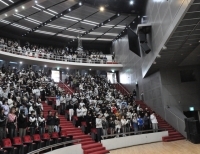 What Happened in KGU? : 수원캠퍼스 학생총회 편
On April 4th, a general meeting of students was held in the Tele-convention center at the Suwon campus. The contents were the same as the general meeting of students in the Seoul campus: the first part was for agenda announcement, the second part was about the Membership Training for whole university, and the third part was simple Q&A time. In the first part, the agendas were all the same as the ones for the Seoul campus, and the result of the ...
What Happened in KGU? : 수원캠퍼스 학생총회 편
On April 4th, a general meeting of students was held in the Tele-convention center at the Suwon campus. The contents were the same as the general meeting of students in the Seoul campus: the first part was for agenda announcement, the second part was about the Membership Training for whole university, and the third part was simple Q&A time. In the first part, the agendas were all the same as the ones for the Seoul campus, and the result of the ...

 [1100호 축사] 경기대 역사의 寶庫 경기대신문의 1100호 발행을 축하드립니다
[1100호 축사] 경기대 역사의 寶庫 경기대신문의 1100호 발행을 축하드립니다
 [와이파이] 큰 박스에 달랑 물건 하나, 과대포장 규제 정책 시행은 언제쯤
[와이파이] 큰 박스에 달랑 물건 하나, 과대포장 규제 정책 시행은 언제쯤
 [문화산책] 이 세계는 멋져 보이지만 모두 환상이야
[문화산책] 이 세계는 멋져 보이지만 모두 환상이야
 [진리터] 1100호가 우리의 종착지는 아니니까
[진리터] 1100호가 우리의 종착지는 아니니까

 목록
목록






